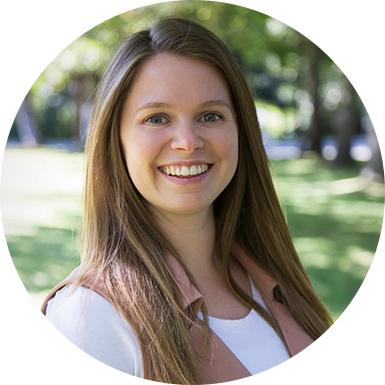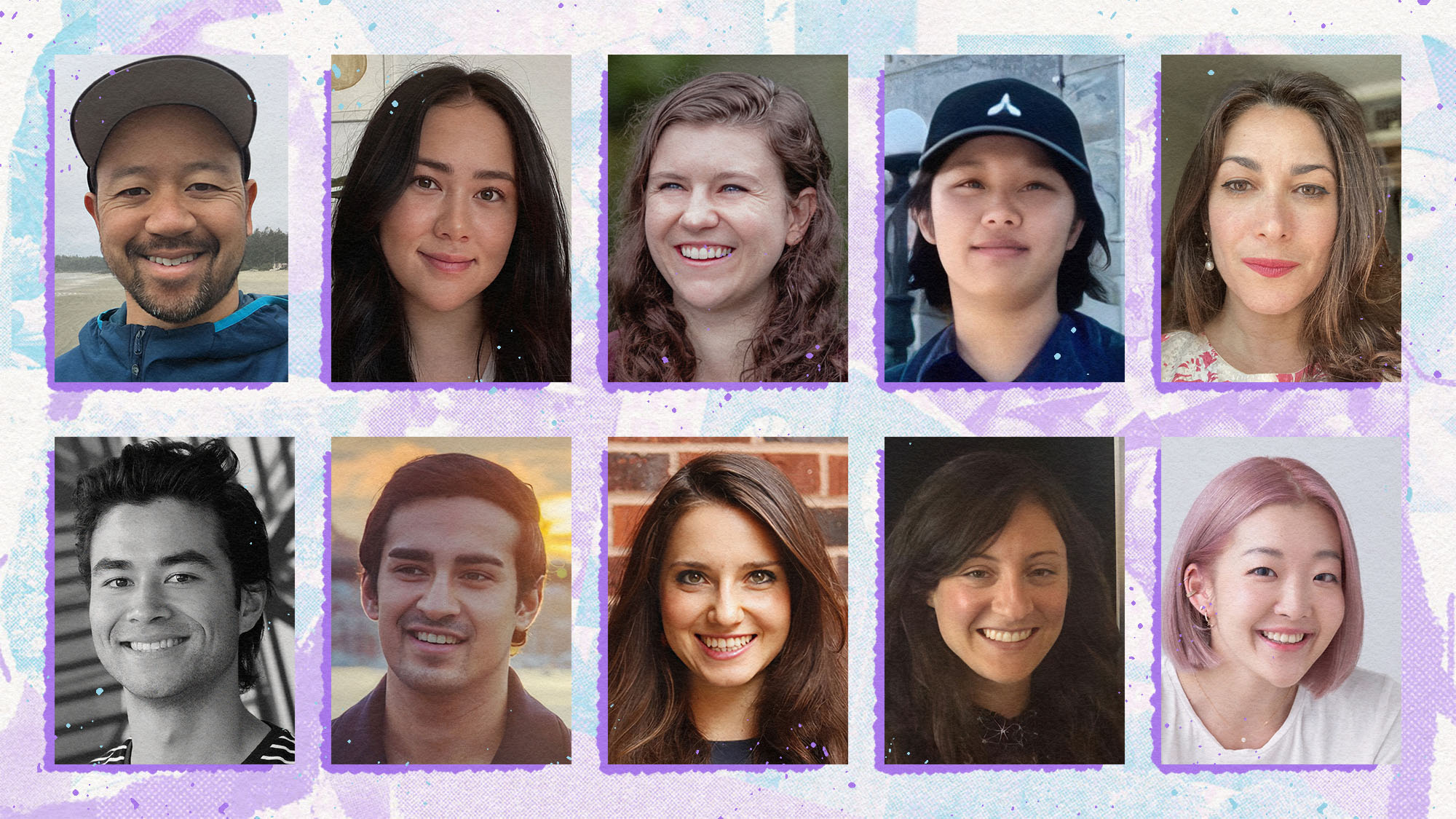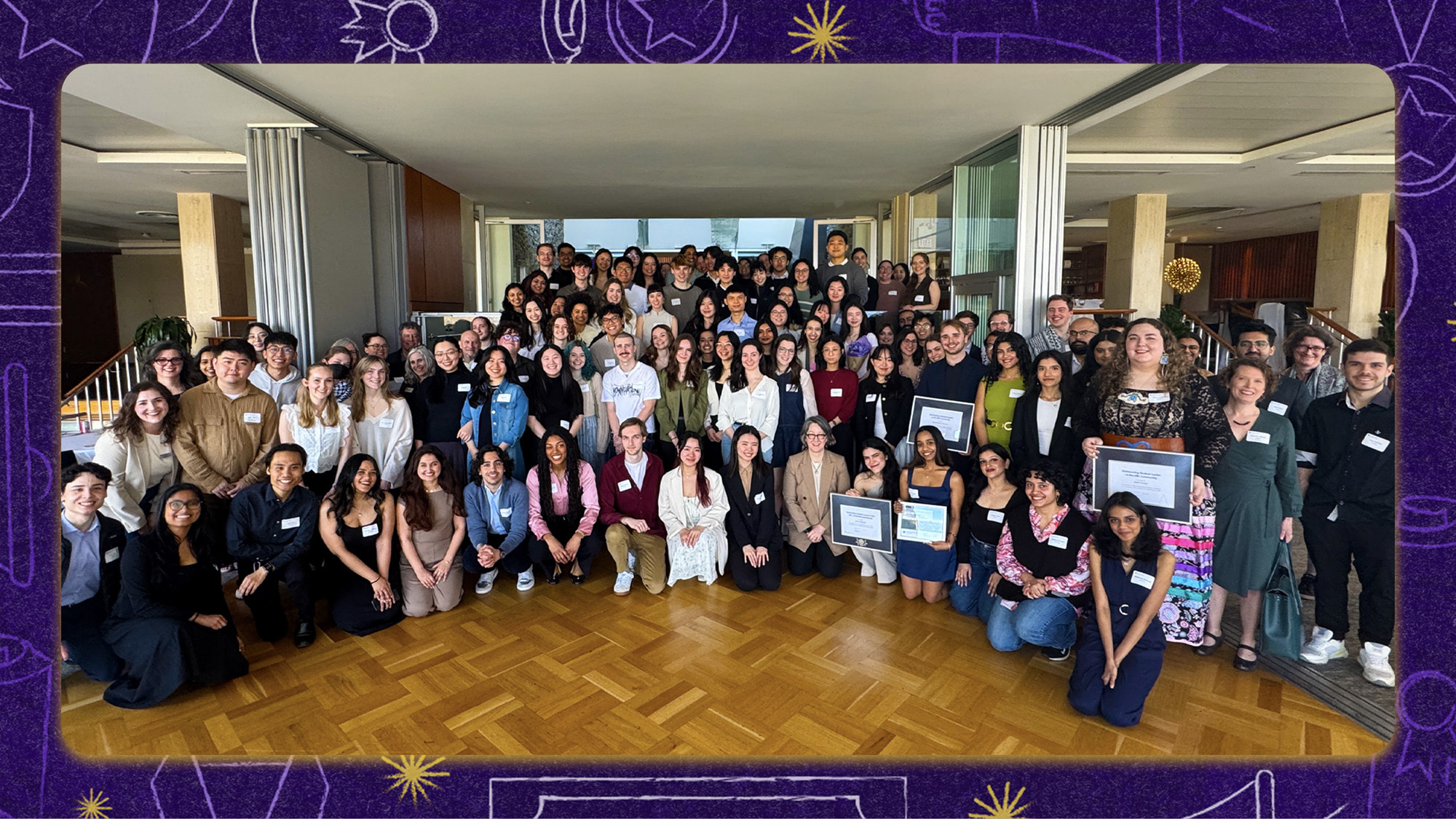

Originally written by Juliana de Souza at the UBC Career Centre.
An effective resume is more than just a list of your experiences: it’s a document that tells the story of what you’ve accomplished, which skills you’ve used to do so, and how these make you the perfect fit for the job you’re applying for.
As an Arts student, your degree is preparing you with the skills and qualities to take on a variety of professional roles across a diverse range of sectors. Learn how to frame your academic experience for potential employers and turn your resume into an effective tool for landing job interviews.
Customization is key
On average, your resume will have about seven seconds to convince an employer to keep reading before it gets added to the rejection pile. It is vital that you communicate your value and the value of your degree quickly.
The most effective way to do this is to customize your resume for each job you apply for, tweaking it to respond to the qualifications outlined in the job posting. Consider the job posting a question – as if the employer is asking “who can do this job?” – and your resume the answer – “I can,” it says, and it supports its claim with evidence.
Take time to read the job posting carefully, underlining keywords that you can then use in the different sections of your resume. For instance, if a Marketing Strategist posting calls for someone with experience researching and synthesizing information, your resume could describe how you have practiced these skills throughout your Arts degree in a variety of projects, essays, and presentations.
First impressions matter
One way to capture an employer’s attention is to include a Highlights of Qualifications or Summary of Skills section presented in bullet point format, or a “Profile” paragraph about you and your professional qualifications. Bullet points are often preferred by employers because they make the information easier to read and draw attention to keywords.
Whichever way you choose to approach it, this section is the first part of your resume and deserves special attention. It will be the first thing employers read and will influence how they see you in relation to the role they are hiring for.
This is a great opportunity to highlight the knowledge you acquired in your degree that is relevant to the job you are applying for. For example, a Digital Communications Coordinator position might ask for the following:
- Good organizational, project management, and time management skills including the ability to work well under pressure to meet tight deadlines
- A results-oriented and enthusiastic team player who thrives on new challenges
- Awareness of or interest in learning how to create inclusive communications
Using the keywords we have underlined, here’s what a Highlights of Qualifications or Profile section tailored for this job could look like:
Highlights of Qualifications
- Successfully met multiple deadlines and demonstrated exceptional organizational skills over 4 years in a highly competitive program at the University of British Columbia, one of the top ranked universities in the world
- Collaborated with peers in different projects including for presentations, research, and essay writing
Profile
…I possess a Bachelor’s degree in History from the University of British Columbia. As a result, I am aware of the need for inclusive communications and have developed effective techniques to convey ideas…
Make your education stand out
In your Education section, add your Arts degree including your major, minor, honours, awards, and any relevant courses to the position you are applying for. There are no rules about adding your GPA to your resume — however, it is only recommended to add if you have a strong GPA to show.
Throughout your degree, your course projects have been secretly helping you develop attributes that employers value. Skills like teamwork, research, and oral communication (the ability to speak to others and give presentations!) are required in many workplaces. When reading a job description, don’t discount the experience you’ve gained through your coursework. Yes, you can include projects on your resume! Projects can fit into your Education section or can be their own section, depending on what you’re looking to highlight.
Here are a couple of examples:
Education
Bachelor of Arts with Honours, University of British Columbia, Vancouver, BC 2021
- Major in Political Science, Minor in International Relations, GPA 3.8/4
- Awards: Dean’s List 2019, 2020
Education
Bachelor of Media Studies, University of British Columbia, Vancouver, BC 2022
- Specialization in Social Media
- Relevant courses: Digital Photography | Media Audiences | Writing for Podcasts
Show, don’t tell
Order the sections in your resume based on what’s most relevant for the job you’re applying for. If your Projects section is more relevant than your Work Experience, put it first.
Projects
Impact of Social Media on Teenagers, University of British Columbia, Vancouver, BC 2020
- Conducted and analyzed over 80 interviews with teenagers about their consumption of social media and their spending habits
- Wrote a 20-page report with 10 recommendations on the use of social media by teenagers
- Presented findings to an audience with over 50 participants and answered their questions
World War II Veterans Podcast, University of British Columbia, Vancouver, BC 2019
- Researched the history of World War II and interviewed war veterans to understand their perspective on war events in history books
- Received an A+ grade for demonstrating work ethic, accuracy in my research, and for my display of findings
Focus on what is relevant
Employers don’t care whether your most relevant experience comes from a student leadership role, a volunteer position, or a paid job. They’re looking to see if you have the skills, knowledge, and experience they need. If you focus on why your experiences are relevant (that is, what you’ve accomplished and how) – rather than exactly what your experiences were or where they took place – you will capture the attention of employers and land interviews in no time.
If this sounds complicated, we can help! The UBC Career Centre offers resources and tools to help you write an effective resume:
- Learn more about resumes and cover letters, including how to write accomplishment statements, suggested content and formatting, and sample documents for inspiration
- Learn how to apply what you’ve learned at UBC to make an impact in the world
- Book an advising appointment to review your resume
- Optimize your resume for keywords with Jobscan.co




